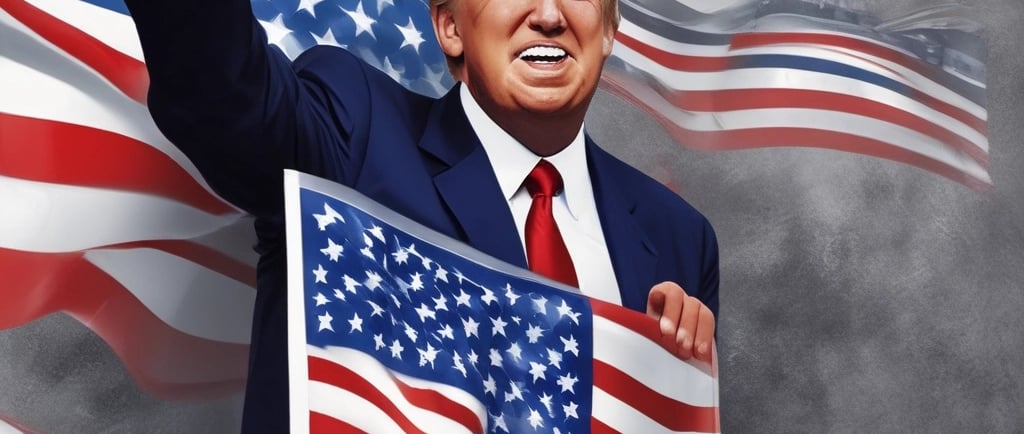The H-1B Visa Debate: Balancing Local Employment and Global Innovation
The H-1B visa program fuels U.S. innovation by attracting global talent, with leaders like Sundar Pichai and Satya Nadella driving economic growth. However, concerns about job competition and wage suppression spark debate. Balancing local employment protection with the benefits of skilled immigration is key to sustaining global competitiveness.
POLITICS
yuvraj singh
1/7/20251 min read


Recently, Trump supporters have started opposing the H-1B visa program in the USA. Many U.S. citizens argue that foreigners are taking over their jobs, leading to unemployment in their own country. However, this issue is not unique to the United States; it is also faced by other countries like the UK, South Africa, Singapore, Australia, and even India, where migrants from other states or countries are sometimes discriminated against for taking local jobs, particularly in manufacturing and services.
The United States owes much of its success to the H-1B visa program, as it has brought in global talent who have started businesses and created employment opportunities. In 2007, Bill Gates, during his testimony before the U.S. Congress, highlighted that restricting the H-1B visa program would severely hamper America's ability to maintain its leadership in the tech industry.
Although there are valid concerns, such as wage suppression caused by a few companies exploiting the program to hire low-wage employees, the broader benefits of the program cannot be ignored. For instance, in the U.S., many top CEOs, such as Sundar Pichai and Satya Nadella, are of Indian origin and came through programs like the H-1B visa. Similarly, entrepreneurs like Elon Musk made businesses in the U.S. who also came from other country, creating jobs and driving economic growth.
Insights
Explore technology trends and their global impact.
Connect
Learn
contact@bizgeoai.com
© 2024. All rights reserved.
